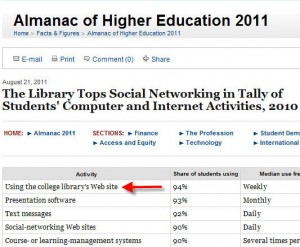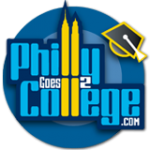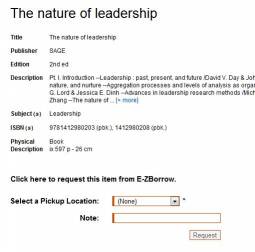Due to the approach of Hurricane Sandy a state of emergency has been declared in Philadelphia and Temple University is taking steps to secure the campus in order to assure the safety of students and staff.
Sunday October 28th, Paley Library will close at 9:00 p.m. as will the TECH Center. The Science & Engineering Library will close at 5:00 p.m. The Ginsburg Health Sciences Library will close at 9:00 p.m. and Krausz Podiatry Library will close at 6:00 p.m.
All libraries, including Paley and Ginsburg, will remain closed on Monday, October 29, and Tuesday, October 30 due to the severe weather forecast for Philadelphia.
As the storm subsides, please watch for further announcements from Temple as to the re-opening of the campuses.
Jonathan LeBreton, Senior Associate University Librarian








